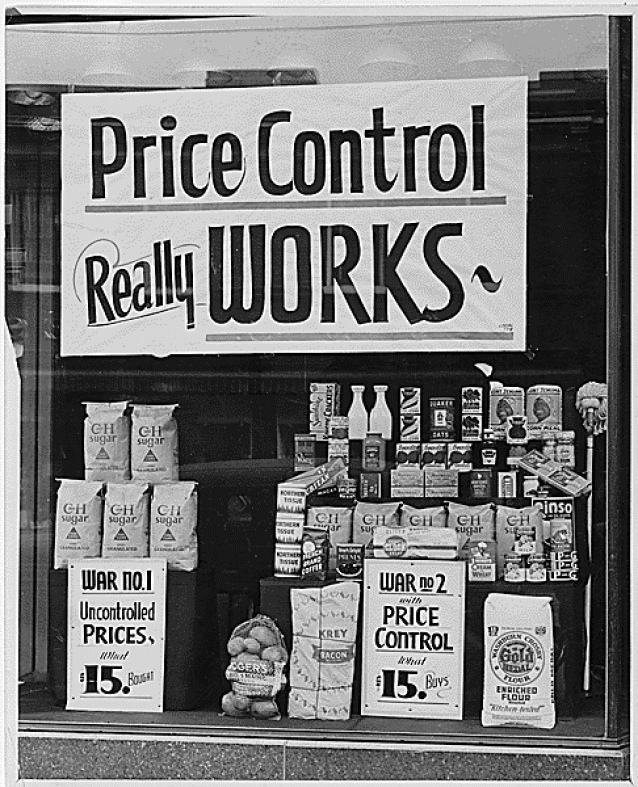The FCC has less than seven months to complete and submit to Congress a “National Broadband Plan For Our Future.” Last week, CEI filed reply comments with the FCC on the broadband plan. One of our arguments was that network neutrality rules amount to price controls. ArsTechnica quoted our comments in a recent article and expressed skepticism toward our contention about neutrality mandates:
“In particular, [neutrality rules] require ISPs to offer content providers a price of zero, and to differentiate prices to consumers only in certain limited ways,” says CEI’s filing. “The disastrous consequences of price controls are all too familiar. And while neutrality may currently align with industry best practices, that fact limits the possible benefits just as much as the possible harm.”
Content providers pay for bandwidth on the competitive market, so it’s not clear what the line about “a price of zero” refers to (that money is passed along to other ISPs along the network path through the mechanism of “peering and transit“). But it is clear what groups like CEI want from a broadband plan: nothing at all.
Ars is correct in pointing out that pricing based on usage is already commonplace in the form of the well-established system of peering arrangements and transit pricing. But pricing needn’t be based solely on usage; it could also be based on priority levels or quality of service tiers. Such pricing schemes remain in a nascent stage, yet many of them would be prohibited or restricted by neutrality rules. This is because neutrality rules by definition set the price of many kinds of data prioritization at zero. Thus, even if an effective mechanism for differentiating between data streams at the network level were to gain traction, it would be subject to regulatory burdens if neutrality were to be enshrined into law.
Jack O’Connor expands on this argument over at OpenMarket.org:
It’s indeed unlikely that direct payments would be worth the cost to negotiate them. Net neutrality is targeting prices that would probably remain zero anyway, at least for the foreseeable future. But for the most dynamic marketplace in history, etching the business models that prevail today in stone would be unwise — especially considering how often inefficient, outdated regulations impede market evolution.
As Tim Lee explained in a Cato policy analysis last year, the Internet is a remarkably durable network, and any priority-based pricing systems that do emerge are unlikely to endanger the Internet’s underlying openness. Whether or not non-neutral pricing is actually workable, there is simply no case for encumbering it with legal restrictions aimed at averting theoretical harms (or alleged harms that, well, aren’t really harms at all).

 The Technology Liberation Front is the tech policy blog dedicated to keeping politicians' hands off the 'net and everything else related to technology.
The Technology Liberation Front is the tech policy blog dedicated to keeping politicians' hands off the 'net and everything else related to technology.